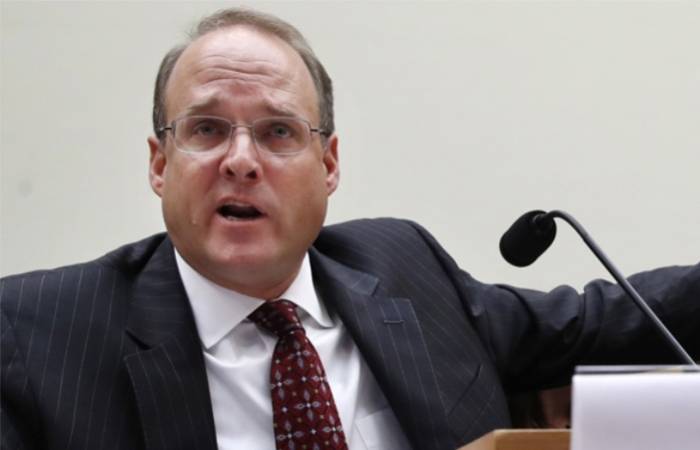
Some members of the Global Financial Action Task Force (FATF) have condemned the European Union’s decision to blacklist Nigeria and 22 other countries in an expanded list of countries released last week.
The EU Commission said the blacklist would affect countries who have failed to take steps to strengthen their anti-money laundering and terrorism financing regimes.
The listing, if it scaled through, would mean stricter caution in financial transactions involving the named countries.
It would also mean all EU banks and governments would apply extra caution or block dealings involving the affected territories.
However, member states discussed the EU’s submission at the FATF plenary on Wednesday in Paris, with the United States spearheading the call to disregard the listing.
Insiders at the ongoing meeting of the powerful global body told newsmen that non-EU states took turns to lampoon the decision, with the U.S. describing it as “out of order and confusing”.
FATF’s president, Billingslea Marshall, announced the U.S. government’s directive to all U.S. banks to ignore the EU listing of the 23 countries.
Countries like Japan, Argentina and others from Africa and the Middle-East agreed with the U.S.’s position on the blacklist.
Most members at the meeting faulted the EU’s position which, they said, was taken outside the known global mechanism for tackling illegal monies such as the FATF, Egmont Group and the UNODC.
They described the step as confusing to the organised global efforts against money laundering and predicate crimes, with a representative from New Zealand describing it as “neither here nor there”.
The U.S. acknowledged that Nigeria was assessed and readmitted into the Egmont Group of Financial Intelligence Units.
The FATF president, who recognised Nigeria as the first West African Country to be at FATF to represent West African sub region, said the country is processing FATF Membership with full commitment.
He stressed that the FATF is waiting for the Nigerian government to pass two major bills; the Mutual Legal Assistance Bill (MLA) and the Proceeds of Crime Bill (POCA), to enable it proceed with the membership accreditation.
He told the plenary that once Nigeria passes the bills, they will join the FATF as Associate Member, where 15 European Countries are permanent members.
Though the E.U defended itself that the listing is subject to final vote of its member states at a future date, the FATF Plenary said its position remains the same.
The EU Commissioner for Justice, Consumers and Gender Equality, Věra Jourová, said the list is an update of third world countries the EU identified earlier as jurisdictions where money laundering and terrorism financing are allowed to flourish.
Newsmen reported that the new listing maybe a direct response to the assessment of the impact of the International Consortium of Investigative Journalists’ Panama Papers investigation.
The global investigations, which spanned over a year, were conducted by over 100 media organisations across the world.
The investigations, which covered financial transactions of various offshore entities, exposed hundreds of companies linked to more than 140 politicians, businessmen and world leaders in more than 50 countries.
The commission said the new list followed a review of the process of these third world countries with strategic deficiencies in their anti-money laundering and counter-terrorism financing frameworks.

